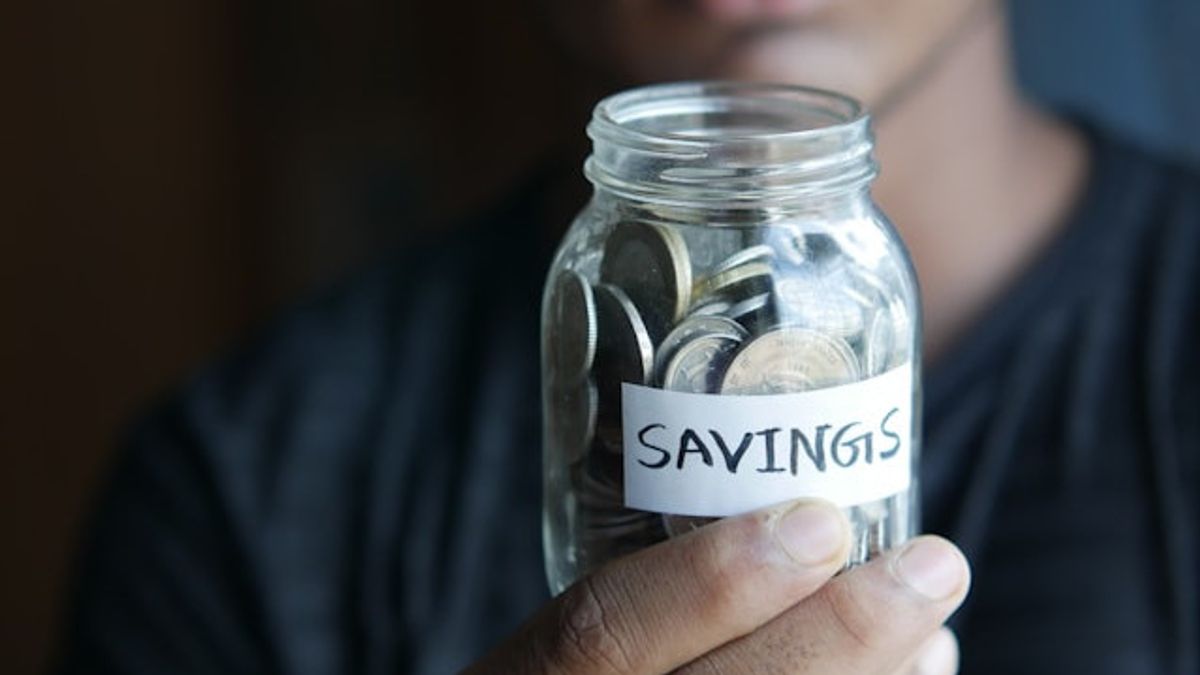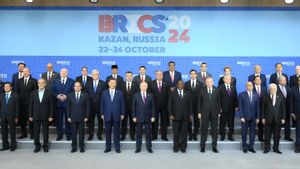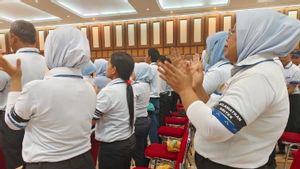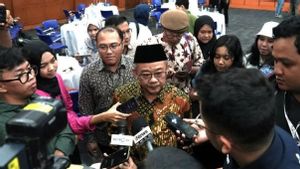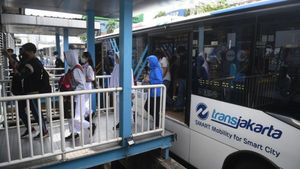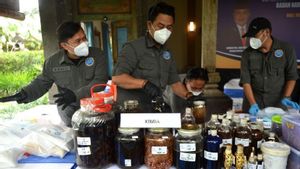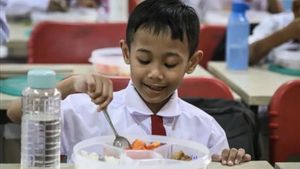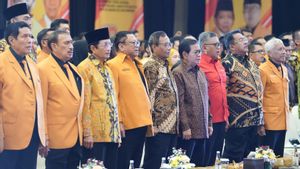JAKARTA The phenomenon of eating savings or known as "mantab" has been discussed for almost a year in the past. According to a number of economists, this is because the prices of foodstuffs continue to rise.
The year 2024 is said to bring many challenges to the Indonesian economy. The high number of layoffs (PHK) is the cause of the decline in people's purchasing power. Many people celebrate the current economy so sluggish.
For most people, this situation worsens financial conditions because they are forced to take savings to meet their daily needs. The Deposit Insurance Corporation (LPS) report states that there has been a significant decrease in the average savings balance of the community.
If in 2019 the average balance of people's savings will be IDR 3 million, then in April 2024 this figure will decline to IDR 1.8 million. This means that in the last five years people's savings have decreased by 40 percent.
SEE ALSO:
In the same period, the number of middle class Indonesians also fell. The latest data from the Central Statistics Agency or BPS showed 9.48 million middle class residents fell, from 57.33 million people in 2019 to 47.85 this year.
BPS said the decline in the number of middle class due to the COVID-19 pandemic. However, economic observers say the problem is not that simple. Media Wahyudi's Center of Economic and Law Studies (CELIOS) researcher did not deny that the number of layoffs continued to increase as the pandemic increased, but this has actually been discussed previously.
According to the media, the increase in daily costs that are not offset by an increase in wages has eroded people's savings.
"So, it's like spending is greater than income so it's 'expensive' or eating savings," he said.
Simply put, eating savings is a phenomenon that refers to the circumstances in which a person spends savings to meet their daily needs. This has to be done when there is pressure that urges daily needs while the regular budget is insufficient.
When the middle class relies on savings, even debt, for spending, this shows household consumption and the country's fragile economy. In fact, citizen consumption is the main contributor to the country's economic growth, because it contributes up to 52-57 percent of gross domestic product (GDP) tolls.
Meanwhile, the Executive Director of the Center of Reform on Economic (CORE) Mohammad Faisal divided the category of eating savings into two types. First, who really uses part of the savings to finance everyday life. And second is the community whose ability to set aside salaries to save decreases or in other words cannot save as much as before.
"So it's not just how often and he takes a lot of savings, but what percentage they can save," Faisal told CNBC Indonesia a while ago.
According to Faisal, these two types of society are both called eating savings because the growth in the value of their savings is both weakened.
"So it means that the speed with which they take savings is higher than filling in savings or setting aside salaries to save," he said.
If savings continues to be eroded to meet daily needs, it will have an impact on the resilience and financial stability of the community. Fulfillment of emergency funds and the need for funds in the long term are threatened. In addition, financial uncertainty also overshadows the future.
When deposits are running low, there is the potential to increase new debt because debt is considered the most logical and fast solution, when savings are drained while urgent needs must be met immediately. When additional debt occurs without certainty of payment, there is a risk of bad credit appearing.
Managing finances wisely can help individuals avoid the situation of eating savings for their daily needs. The first thing that can be done is to make a budget from monthly income.
Several financial planners say that we can allocate revenue as needed or use the financial budget plan formula, which is 10:20:40 p.m.
As much as 10 percent for social costs; 20 percent for savings, investment, and protection; 30 percent for debt installments; and 40 percent for household costs, "said the Financial Services Authority (OJK) website.
Another tip that can be done so as not to fall into the'mantab' group is to separate emergency funds. This fund will help overcome financial shocks without having to drain savings.
Third, looking for additional sources of income through part-time work or commonly called side projects. Additional income can increase financial flexibility.
Fourth, prioritize debt payments to avoid high interest expense. Lastly, what is no less important is being able to distinguish between needs and desires. This is quite difficult for some people to do, even though distinguishing needs and desires can help maintain savings.
Hal ini yang bisa membuat seseorang menjadi uang jika tidak bisa mengendalikan pengeluarannya. Kebutuhan dan keinginan adalah dua hal yang berbeda, dilansir OJK.
The English, Chinese, Japanese, Arabic, and French versions are automatically generated by the AI. So there may still be inaccuracies in translating, please always see Indonesian as our main language. (system supported by DigitalSiber.id)
